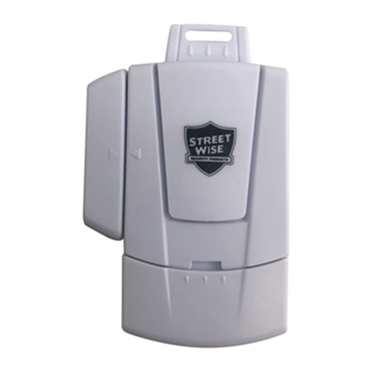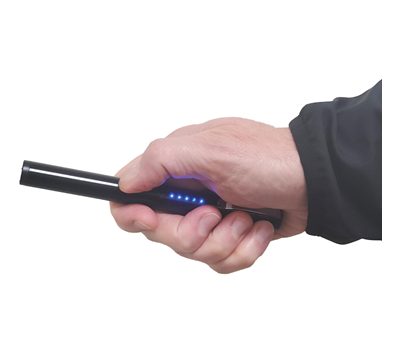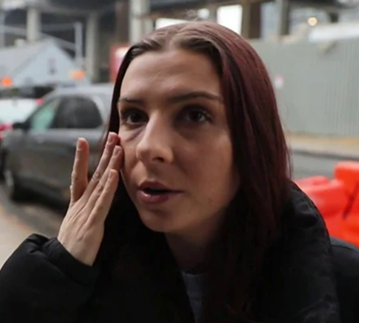How to Cope with Severe Depression
 Depression is a complex and serious mental illness that affects millions of people worldwide. While some individuals can manage their symptoms with therapy, medication, or self-care, others may experience severe depression that can greatly impact their daily life. If you are suffering from severe depression, it's important to seek professional help as soon as possible. Here are some do's and don'ts to keep in mind while managing your condition.
Depression is a complex and serious mental illness that affects millions of people worldwide. While some individuals can manage their symptoms with therapy, medication, or self-care, others may experience severe depression that can greatly impact their daily life. If you are suffering from severe depression, it's important to seek professional help as soon as possible. Here are some do's and don'ts to keep in mind while managing your condition.
DO:
-
Seek Professional Help: If you are experiencing severe depression, it's important to seek professional help from a licensed mental health provider. A qualified therapist or psychiatrist can help you develop coping strategies, prescribe medication if necessary, and monitor your progress.
-
Take Your Medication as Prescribed: If your doctor prescribes medication, it's important to take it exactly as directed. Skipping doses or stopping your medication abruptly can lead to negative side effects and may make your depression worse.
-
Engage in Physical Activity: Regular exercise has been shown to be an effective treatment for depression. Engaging in physical activity can release endorphins, which are natural chemicals in the brain that can improve mood and reduce stress.
-
Establish a Routine: Establishing a daily routine can provide structure and stability in your life, which can be helpful when managing depression. Aim to wake up and go to bed at the same time every day, and schedule activities such as work, exercise, and self-care at regular intervals.
-
Practice Self-Care: Engage in activities that bring you joy and help you relax, such as reading, listening to music, or taking a bath. Self-care can help you manage stress and improve your overall well-being.
-
Seek Social Support: It's important to reach out to friends and family for support when you are struggling with severe depression. Joining a support group or seeking out a therapist can also provide valuable emotional support.
- Call the National Suicide Prevention Lifeline at 1-800-273-8255 if you are contemplating suicide.
DON'T:
-
Isolate Yourself: When experiencing severe depression, it's common to withdraw from social situations and isolate yourself from others. However, social support is crucial in managing depression. Make an effort to maintain relationships and engage in social activities, even if it feels challenging.
-
Neglect Self-Care: Neglecting self-care can exacerbate depression symptoms. It's important to prioritize self-care activities that promote relaxation and emotional well-being, such as taking a walk in nature or practicing mindfulness.
-
Use Drugs or Alcohol: Substance abuse can worsen depression symptoms and interfere with treatment. Avoid using drugs or alcohol as a way to cope with depression.
-
Engage in Negative Self-Talk: Negative self-talk can be a common symptom of depression, but it can also make symptoms worse. Challenge negative thoughts and try to focus on positive aspects of your life, even if they seem small.
-
Ignore Warning Signs: It's important to be aware of warning signs of depression and seek help when needed. If you experience suicidal thoughts, seek emergency medical attention immediately.
-
Expect a Quick Fix: Managing severe depression takes time and effort. Be patient and persistent in seeking treatment and implementing self-care strategies.
If you know someone who is suffering from severe depression, it's important to approach the situation with compassion, empathy, and an open mind. Here are some steps you can take to help:
-
Express Your Concern: Let the person know that you are concerned about their well-being and that you are there to offer support. Encourage them to seek professional help and offer to help them find a mental health provider if needed.
-
Listen Without Judgment: Allow the person to express their feelings without judgment or criticism. Avoid telling them to "snap out of it" or minimizing their experience. Instead, listen actively and offer validation and support.
-
Encourage Self-Care: Encourage the person to engage in self-care activities that promote relaxation and emotional well-being, such as exercise, meditation, or spending time in nature. Offer to engage in these activities with them if possible.
-
Provide Practical Help: Offer to help the person with practical tasks such as running errands, cooking meals, or taking care of their pets. These tasks can be overwhelming for someone experiencing severe depression, and your help can make a big difference.
-
Offer Emotional Support: Let the person know that you are there to offer emotional support whenever they need it. This can include checking in on them regularly, offering words of encouragement, or simply spending time with them.
-
Educate Yourself: Educate yourself about depression and its symptoms. This can help you understand what the person is going through and offer more effective support.
It's important to remember that supporting someone with severe depression can be challenging and emotionally taxing. Make sure to take care of your own mental health and seek support from a mental health provider or support group if needed.
Severe depression is a serious mental illness that requires professional help and self-care strategies. Seeking help from a licensed mental health provider, engaging in physical activity, establishing a routine, practicing self-care, and seeking social support are all important strategies for managing depression. On the other hand, neglecting self-care, using drugs or alcohol, engaging in negative self-talk, ignoring warning signs, and expecting a quick fix can all make depression symptoms worse. Remember that managing severe depression takes time and effort, but with the right support and strategies, it is possible to improve your mental health and well-being.



























